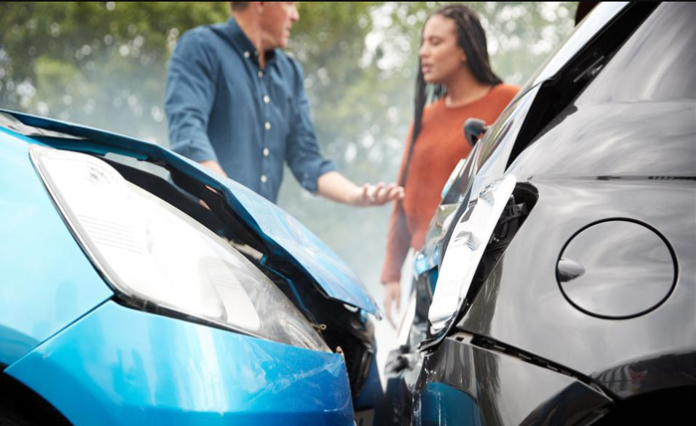Accidents happen. You’re driving safely, then suddenly, another car hits you. It’s not your fault. Now what? It’s crucial to know your next steps. You might feel shaken or confused, but staying calm is key. First, ensure safety for everyone involved. Move to a safe spot, away from traffic. Next, call the police. A police report helps later. Gather information. Exchange details with the other driver. Take pictures of the scene and any damage. They tell the story of what happened. Seek medical help, even if you feel fine. Injuries can appear later. Contact your insurance company promptly. They guide you through filing a claim. Talking to a lawyer is smart. Ponton Law can help. They specialize in protecting your rights and getting fair compensation. Remember, you didn’t cause this accident. However, taking the right steps now ensures you’re protected and prepared for what comes next.
Ensure Immediate Safety
Once the accident occurs, safety is your top priority. Check if anyone needs urgent medical attention. If possible, move your vehicle to the side of the road. Turn on your hazard lights to alert other drivers. This minimizes further accidents. Stay calm and breathe. Avoid arguing with the other driver. This can escalate the situation. After ensuring your immediate safety and gathering necessary evidence, it’s crucial to consider your legal options. Seeking professional guidance can make a significant difference in the outcome of your case. For those in the Beverly Hills area, accessing trusted legal services for personal injury in Beverly Hills can provide the expertise needed to navigate the complexities of your claim. These services can help ensure that your rights are protected and that you receive the compensation you deserve. Remember, having a knowledgeable advocate on your side can alleviate much of the stress associated with the aftermath of an accident, allowing you to focus on recovery.
Document Everything
Documentation is essential. Start by taking photos of your vehicle from different angles. Capture any visible damage. Photograph the other car too. Take note of the location. Include street signs or landmarks if possible. Collect contact information from witnesses. Their statements can support your claim. Write down everything while fresh in your mind.
Contact Authorities
Call the police even if the accident seems minor. An officer will create an official report, which is helpful for insurance claims. Explain what happened clearly. Stick to the facts, and avoid speculation. Request the officer’s name and badge number for your records. This ensures you have all necessary details if needed later.
Seek Medical Help
Even if you feel uninjured, consult a doctor. Some injuries, like whiplash, aren’t immediately apparent. Document your medical visit. Keep records of your diagnosis and any prescribed treatments. This information is important for your insurance and legal claims. It shows that you took necessary steps following the accident.
Notify Your Insurance
Contact your insurance company as soon as possible. Report the accident, providing them with all gathered information. They’ll guide you through the next steps, including vehicle repairs and medical claims. Understanding your policy can prevent unexpected costs. Verify what is covered and ask any questions you might have.
Consider Legal Assistance
If needed, consult with a lawyer. They help you understand your rights. Legal support can be vital to ensure fair compensation. This might cover medical bills, car repairs, or lost wages. Firms like Weber Injury Law focus on supporting accident victims.
Insurance and Legal Claims Comparison
| Aspect | Insurance Company | Legal Support |
| Primary Focus | Financial recovery through claims | Maximizing compensation and rights protection |
| Actions | Guide through claims process | Provide legal advice and representation |
| Cost | Policy-based; may have deductibles | Typically contingent on compensation |
Prevent Future Accidents
Learning from this experience helps prevent future accidents. Consider taking a defensive driving course. These courses teach safe driving techniques. They also refresh your knowledge of road laws.
Emotional Support
After an accident, emotional effects can linger. Feeling anxious or stressed is normal. Talk to family or friends about your experience. Consider professional support if emotions become overwhelming. You’re not alone, and there’s help available.
Responding effectively after an accident ensures safety and peace of mind. By following these steps, you protect yourself and your rights. This preparation empowers you in unexpected situations. Always prioritize safety and document everything. Remember, your well-being is most important.

